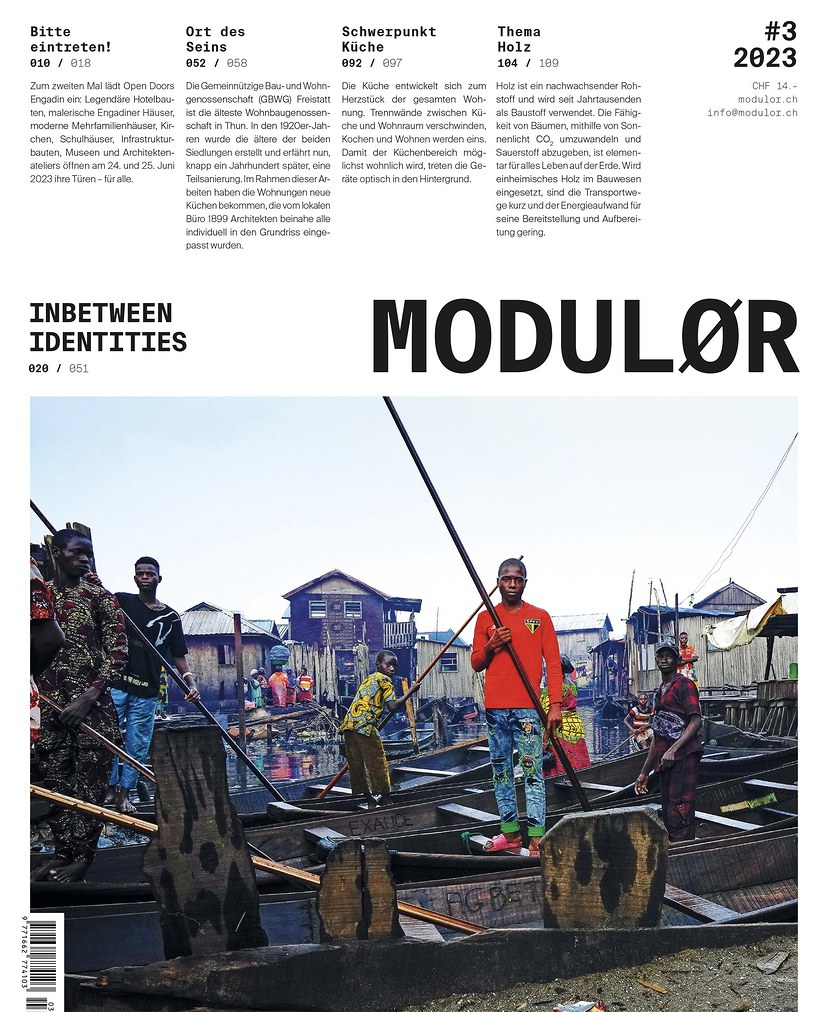In 2022, the Liechtenstein School of Architecture announced an anonymous competition for Liechtenstein's contribution to the 2023 Biennale. Gabriela Dimitrova (University of Liechtenstein), Mikel Martinez and Katrin Milanzi (Non-plan GmbH) were able to convince the selection committee of their concept.
"More than buildings, forms, materials or structures, it is architecture's ability to alter how we see the world that is its most precious and powerful gift."
Lesley Lokko, curator of the 18th Architecture Biennale in Venice "The Laboratory of the Future".
The exhibition takes up this idea and shows the invisible bond between Liechtenstein and Ghana, which changes living spaces, social spaces and social structures in an inclusive and global society through our actions. Liechtenstein and Ghana are connected, even if both sides are unaware of it. Every year, Liechtenstein exports several hundred tons of electronic waste. It is difficult, if not impossible, to trace its routes, but the effects are visible on both sides. In Ghana, e-waste causes disease and poverty, but provides a livelihood for many people through the recovery of valuable materials. In Liechtenstein, these recyclable materials have to be procured anew.
E-waste has taken on a global dimension and is also relevant for small countries such as Liechtenstein. Is e-waste simply waste or a valuable resource? What would change if exports were gradually reduced?
Issue #3/2023 of modulor magazine is dedicated to the African continent. Pages 46 - 51 contain a report on Liechtenstein's contribution to the 2023 Biennale.
The results of the research project will be on display at the Palazzo Trevisan at the Venice Biennale from October 7 - 14, 2023. The exhibition is curated by Alberto Alessi (University of Liechtenstein).
Liechtenstein School of Architecture, 26.09.2023
